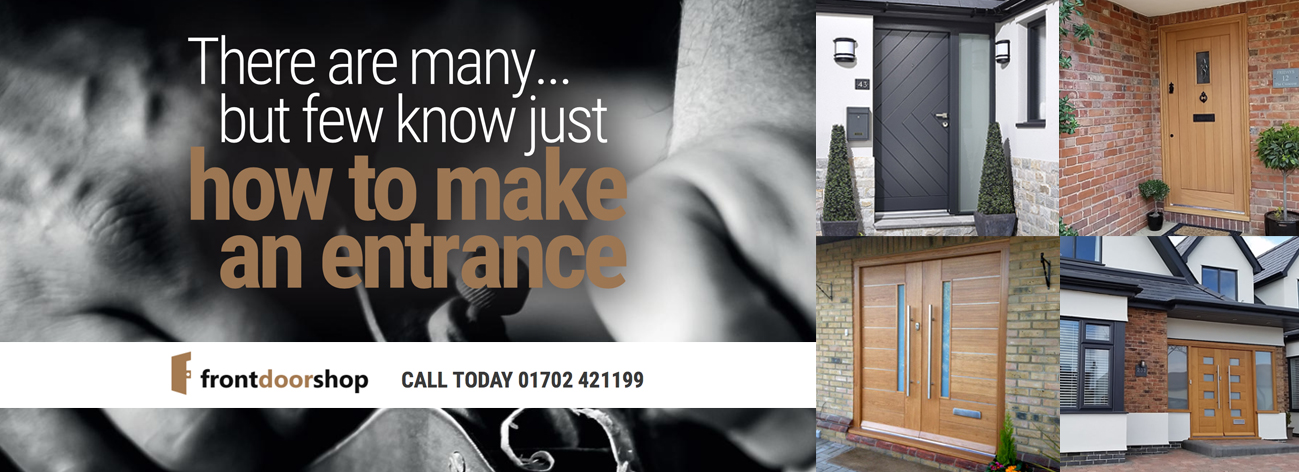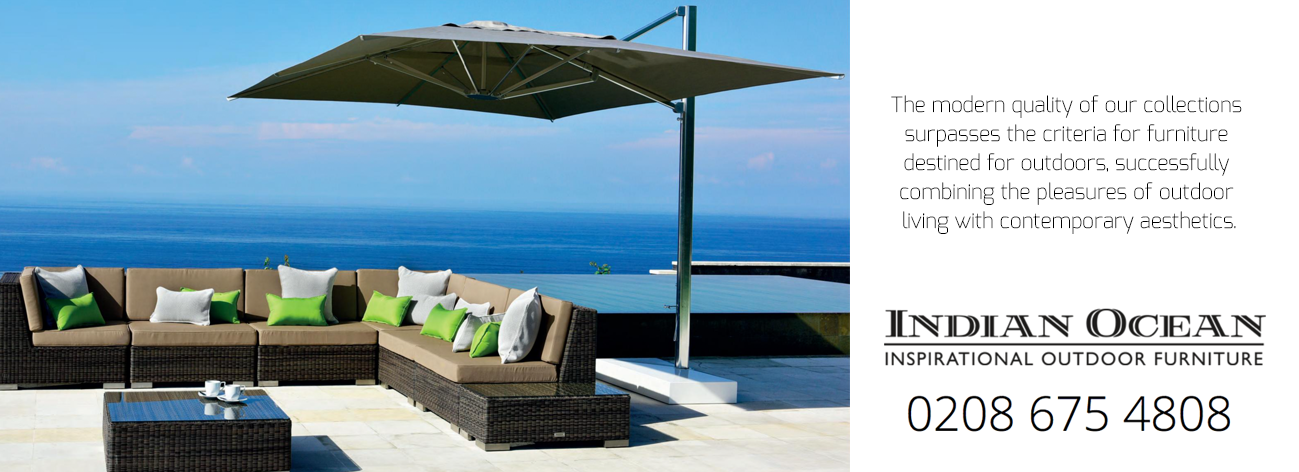INTERVIEW
Surrey’s Premier Lifestyle Magazine
The need for speed
Amy Williams MBE was propelled in to the limelight in 2010 when she won gold in the skeleton event at the Vancouver Winter Olympic Games. In doing so she became Britain’s first solo Winter Olympics’ champion for 30 years and the first by a woman in 58 years. She also set a double track record in the sport. Andrew Peters caught up with Amy prior to her heading out to cover this year’s Winter Olympic Games in South Korea.
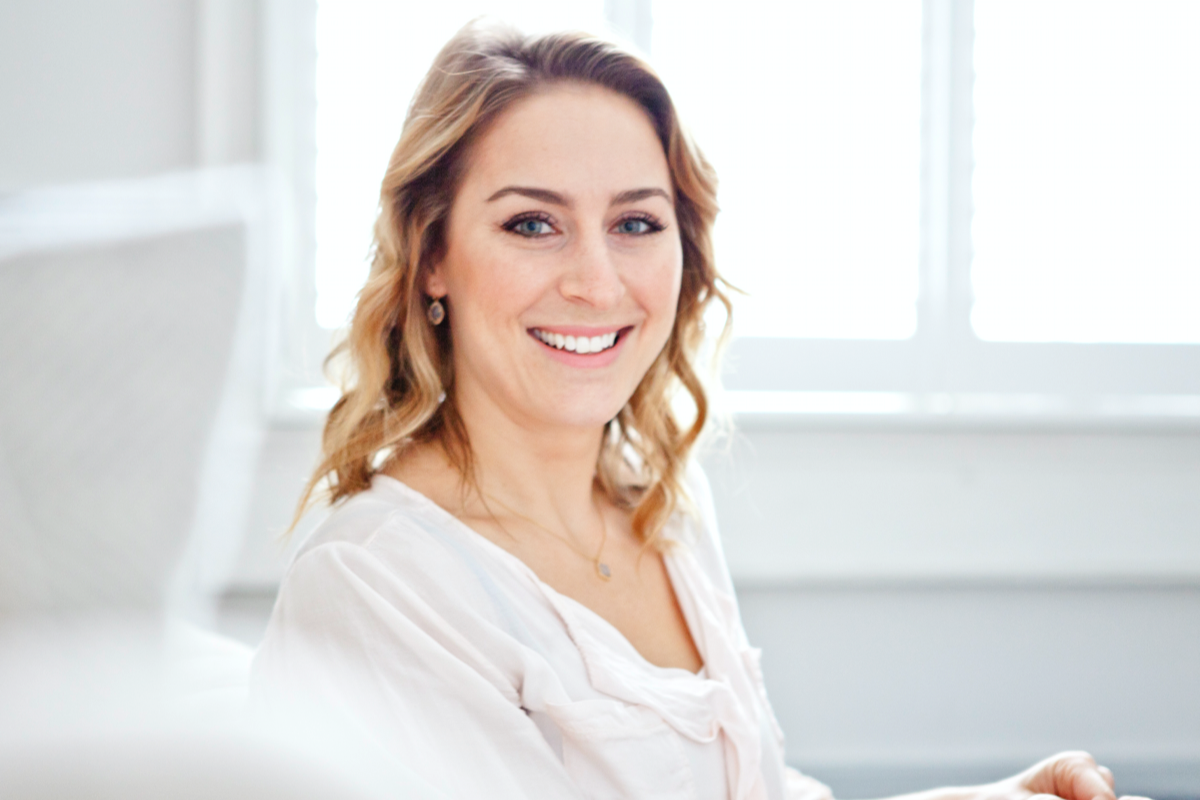
Photographer: James McFarland
Q Amy, the UK obviously doesn’t get much snow and you started out as a 400m runner. What sparked your interest in winter sports and the skeleton bob in particular?
A Growing up I was into many sports and spent all my time outside. When I was 13 years old I joined a local athletics club, taking part in running events, training more and more each week as the years went by. First with the 100m, then 200m and ultimately decided I wanted to tackle 400m as I thought that was the toughest sprint on the track.
I remember watching Sally Gunnell at the Barcelona Olympics winning her 400m hurdle race and seeing her stand on the podium with the Union Jack around her shoulders. I wanted to know what being the best in the world would feel like. Then, in 2002, I discovered the sport of skeleton whilst gym training at Bath University, so I took myself along to the bobsleigh and skeleton push track. Here I found I was pretty fast at pushing the sled, and so I entered into the World Push Championships in Holland where I came first in the guest category and second overall. I then joined an Army ice camp that winter in Lillehammer, Norway to learn ice sliding skills and got a spot on the British team. Since that point I decided to dedicate my life to becoming the best skeleton athlete I could be.
Q You trained at Bath University and I remember watching a Points West news programme showing how you trained. It looked a bit basic to say the least, how did you feel about that at the time?
A It was basic! Bath University had just built the skeleton and bobsleigh push track in 2002 when I first had a go. It was designed for the British team to train on before the Salt Lake City Olympics and is the same profile as the track at Park City they raced on. It’s made up of metal tracks where a wheeled skeleton or bob sled slots. It has rubber matting each side allowing sprint spikes to grip. It’s about 80 metres long, flat at the start for 20 metres, then declining with an incline at the end and a bungie breaking system. It’s a great way to practice sprint and examine the biomechanics and technique.
A Growing up I was into many sports and spent all my time outside. When I was 13 years old I joined a local athletics club, taking part in running events, training more and more each week as the years went by. First with the 100m, then 200m and ultimately decided I wanted to tackle 400m as I thought that was the toughest sprint on the track.
I remember watching Sally Gunnell at the Barcelona Olympics winning her 400m hurdle race and seeing her stand on the podium with the Union Jack around her shoulders. I wanted to know what being the best in the world would feel like. Then, in 2002, I discovered the sport of skeleton whilst gym training at Bath University, so I took myself along to the bobsleigh and skeleton push track. Here I found I was pretty fast at pushing the sled, and so I entered into the World Push Championships in Holland where I came first in the guest category and second overall. I then joined an Army ice camp that winter in Lillehammer, Norway to learn ice sliding skills and got a spot on the British team. Since that point I decided to dedicate my life to becoming the best skeleton athlete I could be.
Q You trained at Bath University and I remember watching a Points West news programme showing how you trained. It looked a bit basic to say the least, how did you feel about that at the time?
A It was basic! Bath University had just built the skeleton and bobsleigh push track in 2002 when I first had a go. It was designed for the British team to train on before the Salt Lake City Olympics and is the same profile as the track at Park City they raced on. It’s made up of metal tracks where a wheeled skeleton or bob sled slots. It has rubber matting each side allowing sprint spikes to grip. It’s about 80 metres long, flat at the start for 20 metres, then declining with an incline at the end and a bungie breaking system. It’s a great way to practice sprint and examine the biomechanics and technique.
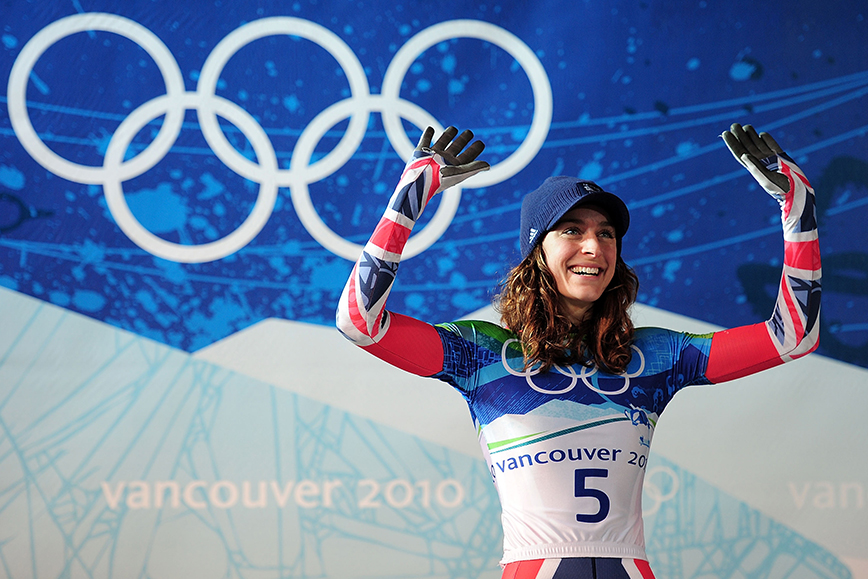
Q Failing to qualify for the Olympics in 2006, what motivated you to challenge for the 2010 Olympics?
A I was so close to competing, knowing there was only one spot for a place to go, it was a constant battle in the year leading up to the Games. It wasn’t meant to be and I didn’t make the team, but was there as reserve while commentating for BBC Five Live radio. Being in that Olympic environment and watching the race made me want it so badly, it put a fire inside me. It made me determined and over the next four years I did everything in my power to ensure I was the athlete on the start line in Vancouver.
Q For most of us the skeleton is a frightening prospect. Overcoming the fear factor must have been key to performing, particularly in Vancouver. How did you manage this?
A I always say that you don’t learn to drive a car on the motorway in the fast lane, you start on a quiet back road. Well, it’s kind of true for skeleton! You start from halfway down a track, lying on the sled, and someone will push you off, then you head further up the track until one day your sprinting as fast as you can from the top. It is scary, especially when you have crashed at a corner you can’t get right, however, doing a lot of self-talk, watching other athletes slide, writing track notes, walking the track, studying the ice, mental imagery and having your body in peak condition all give confidence.
Q Winter sports are pretty demanding on a body and I’m sure yours went through the mill. Do you have any aches and pains that you carry from your time as an elite athlete?
A My body has been in better shape! I have four damaged, degenerative bulging discs in my lower back, one in my neck, and have had four major knee operations. I have been told I will need knee replacements in the future! It’s the wear and tear put on the body training two to three times a day for over 10 years. I had a few bad crashes on the track in the early years which injured my first disc and led to the others becoming damaged.
Q The first individual woman gold medallist in almost 60 years: how long did that take to sink in?
A When you first win, it’s a feeling of relief that all the hard work paid off. You don’t think about the history books. But I remember Clare Balding telling me the facts in my first interview with her: the first British medal in an individual event for 30 years and first female in over 58 years, so it was an honour and amazing to be able to do that for Great Britain and have my name down in the history books.
It only really sank in four years later in Sochi. I was commentating for the BBC at these Games and watching athletes win medals made me realise I had done the same.
Q Did you ever think you’d end up touring your home town of Bath on an open-top bus after winning in Vancouver?
A Ha no! Never, that was a crazy, surreal day. I was so overwhelmed by it all and felt very shy with everyone lining the streets waving at me.
A I was so close to competing, knowing there was only one spot for a place to go, it was a constant battle in the year leading up to the Games. It wasn’t meant to be and I didn’t make the team, but was there as reserve while commentating for BBC Five Live radio. Being in that Olympic environment and watching the race made me want it so badly, it put a fire inside me. It made me determined and over the next four years I did everything in my power to ensure I was the athlete on the start line in Vancouver.
Q For most of us the skeleton is a frightening prospect. Overcoming the fear factor must have been key to performing, particularly in Vancouver. How did you manage this?
A I always say that you don’t learn to drive a car on the motorway in the fast lane, you start on a quiet back road. Well, it’s kind of true for skeleton! You start from halfway down a track, lying on the sled, and someone will push you off, then you head further up the track until one day your sprinting as fast as you can from the top. It is scary, especially when you have crashed at a corner you can’t get right, however, doing a lot of self-talk, watching other athletes slide, writing track notes, walking the track, studying the ice, mental imagery and having your body in peak condition all give confidence.
Q Winter sports are pretty demanding on a body and I’m sure yours went through the mill. Do you have any aches and pains that you carry from your time as an elite athlete?
A My body has been in better shape! I have four damaged, degenerative bulging discs in my lower back, one in my neck, and have had four major knee operations. I have been told I will need knee replacements in the future! It’s the wear and tear put on the body training two to three times a day for over 10 years. I had a few bad crashes on the track in the early years which injured my first disc and led to the others becoming damaged.
Q The first individual woman gold medallist in almost 60 years: how long did that take to sink in?
A When you first win, it’s a feeling of relief that all the hard work paid off. You don’t think about the history books. But I remember Clare Balding telling me the facts in my first interview with her: the first British medal in an individual event for 30 years and first female in over 58 years, so it was an honour and amazing to be able to do that for Great Britain and have my name down in the history books.
It only really sank in four years later in Sochi. I was commentating for the BBC at these Games and watching athletes win medals made me realise I had done the same.
Q Did you ever think you’d end up touring your home town of Bath on an open-top bus after winning in Vancouver?
A Ha no! Never, that was a crazy, surreal day. I was so overwhelmed by it all and felt very shy with everyone lining the streets waving at me.
Amy’s ones to watch in Pyeongchang
In the skeleton race, Laura Deas is ranked in the top five in the world, so she has a great chance to medal, yet Lizzy Yarnold won skeleton gold at Sochi 2014 and really wants to defend her title.
Elise Christie, our amazing short track speed skater, could become the first Briton to win multiple medals in the 500m and 1000m events at one Winter Games. However, she will face tough competition from South Korea whose national sport is short track.
James Woods and Isabel Atkin are both freestyle skiers predicted to win Team GB’s first medals on skis.
For curling, the men’s and women’s teams won silver and bronze in 2014, and it is the only Winter Olympics’ sport to produce more than one medal at a single Games for GB.
Slalom skier Davie Ryding won Britain’s first World Cup skiing medal for 36 years with his slalom silver in January 2017 at Kitzhuhel, so he could have a great day.
Andrew Musgrave achieved Britain’s best ever Nordic skiing result by finishing fourth in the 50km freestyle at the World Cross Country Skiing Championships in March.
In the skeleton race, Laura Deas is ranked in the top five in the world, so she has a great chance to medal, yet Lizzy Yarnold won skeleton gold at Sochi 2014 and really wants to defend her title.
Elise Christie, our amazing short track speed skater, could become the first Briton to win multiple medals in the 500m and 1000m events at one Winter Games. However, she will face tough competition from South Korea whose national sport is short track.
James Woods and Isabel Atkin are both freestyle skiers predicted to win Team GB’s first medals on skis.
For curling, the men’s and women’s teams won silver and bronze in 2014, and it is the only Winter Olympics’ sport to produce more than one medal at a single Games for GB.
Slalom skier Davie Ryding won Britain’s first World Cup skiing medal for 36 years with his slalom silver in January 2017 at Kitzhuhel, so he could have a great day.
Andrew Musgrave achieved Britain’s best ever Nordic skiing result by finishing fourth in the 50km freestyle at the World Cross Country Skiing Championships in March.
Q You’re now no stranger to motorsport having twice contested the Wales Rally GB as a class-winning co-driver to pundit Tony Jardine. Is this one of the ways you’ve filled the adrenaline thrill gap and satisfied a need for speed?
A Tony asked me if I would compete with him in the Wales Rally GB back in 2013 and I jumped at the chance. I had to get my International Co-Driving Licence, which meant travelling around the country on the rally circuit with Tony and competing in five different national rallies. We then competed at the Wales Rally GB, which was an incredible experience, being on the same course on the same days competing with the world champions in the sport. It was such a thrill and a buzz, yet I loved being part of a team with Tony and the whole support crew. I had my job to do as co-driver and the trust between Tony and I was a really wonderful thing. We went on to compete again in 2016. Since then I have been invited to take part in the Silverstone Classic Weekend, qualifying as a race driver, and after doing so competed in the celebrity race. It was a dream come true to move from co-driver to driver and another opportunity to get my adrenaline kick!
Q Did becoming a successful commentator, broadcaster and motivational speaker happen naturally for you and was this career change easy?
A I feel like I just kind of fell into it. I’ve always told myself to try everything at least once. You are in the public eye the day you win a medal, so going into schools and talking to young children, the next generation of athletes, seemed natural and an amazing thing to be able to do, to share my story, show my medal and tell them to work hard and aim high.
This naturally led into businesses and corporate talks. There are such strong links to business and sport. The way I prepared myself as an athlete, thought outside the box, looked at all the fine details, the psychology and teamwork are all important too for a successful business. I enjoy being part of broadcasting teams, going back to races and events, as watching and commentating are exciting and retain links to the sport.
Q Speed was very much a factor in meeting and marrying soldier husband Craig. How long did that take?
A Ha ha, this is very true! I met him a few days after returning from the Sochi Winter Olympics in 2014. He came to Bath, took me out on a date and we just hit it off. It was a natural feeling of knowing you had met your equal other half. He proposed three months later and we married a year after that. My whole life I have made decisions with my gut feeling, listening to my heart and soul and knowing what feels right deep down. Craig was a good feeling!
A Tony asked me if I would compete with him in the Wales Rally GB back in 2013 and I jumped at the chance. I had to get my International Co-Driving Licence, which meant travelling around the country on the rally circuit with Tony and competing in five different national rallies. We then competed at the Wales Rally GB, which was an incredible experience, being on the same course on the same days competing with the world champions in the sport. It was such a thrill and a buzz, yet I loved being part of a team with Tony and the whole support crew. I had my job to do as co-driver and the trust between Tony and I was a really wonderful thing. We went on to compete again in 2016. Since then I have been invited to take part in the Silverstone Classic Weekend, qualifying as a race driver, and after doing so competed in the celebrity race. It was a dream come true to move from co-driver to driver and another opportunity to get my adrenaline kick!
Q Did becoming a successful commentator, broadcaster and motivational speaker happen naturally for you and was this career change easy?
A I feel like I just kind of fell into it. I’ve always told myself to try everything at least once. You are in the public eye the day you win a medal, so going into schools and talking to young children, the next generation of athletes, seemed natural and an amazing thing to be able to do, to share my story, show my medal and tell them to work hard and aim high.
This naturally led into businesses and corporate talks. There are such strong links to business and sport. The way I prepared myself as an athlete, thought outside the box, looked at all the fine details, the psychology and teamwork are all important too for a successful business. I enjoy being part of broadcasting teams, going back to races and events, as watching and commentating are exciting and retain links to the sport.
Q Speed was very much a factor in meeting and marrying soldier husband Craig. How long did that take?
A Ha ha, this is very true! I met him a few days after returning from the Sochi Winter Olympics in 2014. He came to Bath, took me out on a date and we just hit it off. It was a natural feeling of knowing you had met your equal other half. He proposed three months later and we married a year after that. My whole life I have made decisions with my gut feeling, listening to my heart and soul and knowing what feels right deep down. Craig was a good feeling!
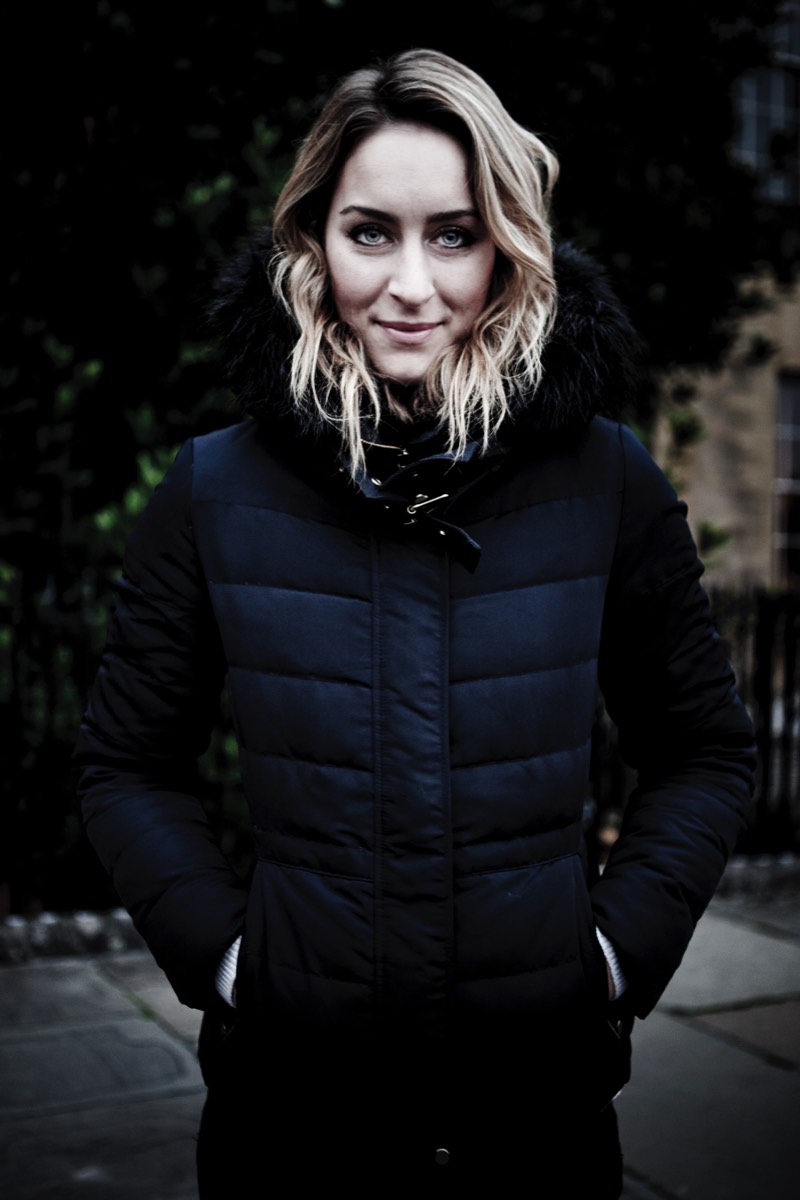
Profile: Amy Williams
Originally a 400m runner, Amy’s fearless determination and love for pushing the limits of grip and speed led her to find her calling on the skeleton track when she tried the sport at the University of Bath. After failing to qualify for the 2006 Winter Olympics in Turin, Amy continued to pursue her dream and was honoured to represent her country at the 2010 Games in Vancouver.
Following her success, Amy was awarded an MBE in the 2010 Queen’s Birthday Honours and became the first ever female Freeman of the City of Bath. She was short-listed for the 2010 BBC Sports Personality of the Year and received the Daily Mail’s Ian Wooldridge award. Amy is a regular on the BBC Ski Sunday presenting team and her presenting roles now include shows such as 71 Degrees North, Alone in the Wild and Tour de Celeb.
She presented six series of The Gadget Show from 2014-16 and has most recently been signed as part of the BBC commentary team for the 2018 Winter Olympics in Pyeonchang, South Korea.
Alongside presenting, Amy is a motivational speaker, providing exclusive insights into the world of professional sport based on her experience, knowledge and struggles.
Amy welcomed her first child, Oscar, with husband Craig Ham last year.
Originally a 400m runner, Amy’s fearless determination and love for pushing the limits of grip and speed led her to find her calling on the skeleton track when she tried the sport at the University of Bath. After failing to qualify for the 2006 Winter Olympics in Turin, Amy continued to pursue her dream and was honoured to represent her country at the 2010 Games in Vancouver.
Following her success, Amy was awarded an MBE in the 2010 Queen’s Birthday Honours and became the first ever female Freeman of the City of Bath. She was short-listed for the 2010 BBC Sports Personality of the Year and received the Daily Mail’s Ian Wooldridge award. Amy is a regular on the BBC Ski Sunday presenting team and her presenting roles now include shows such as 71 Degrees North, Alone in the Wild and Tour de Celeb.
She presented six series of The Gadget Show from 2014-16 and has most recently been signed as part of the BBC commentary team for the 2018 Winter Olympics in Pyeonchang, South Korea.
Alongside presenting, Amy is a motivational speaker, providing exclusive insights into the world of professional sport based on her experience, knowledge and struggles.
Amy welcomed her first child, Oscar, with husband Craig Ham last year.
Q Winter Olympics’ skier Chemmy Alcott (essence issue 56) and yourself became mothers this year and you recently featured with her in HELLO! Magazine. Are you good friends?
A It’s been an amazing experience becoming a mother. Something you can’t truly explain until you become one. Having friends go through the same experience at the same time is really special. I never thought anything would beat competing in an Olympics and standing on the podium. However, my wedding day, then growing a baby and giving birth, becoming a mum, topped that Olympic feeling. So, having a friend like Chemmy, who has experienced the same in life, always brings closeness. We don’t catch up as much as I would like as we don’t live close and are always travelling around the world at different times, but the world of social media makes it feel like we are together more!
Q Both you and Chemmy will be part of the BBC commentary team for the February Winter Olympics in Pyeongchang, South Korea. Are you looking forward to the Games?
A Every Games is a magical experience, from the opening ceremony to watching different events and then the closing ceremony. To be part of a great team like the BBC is an honour, so I’m excited to be going to Korea. It will be an interesting place, with a unique set of challenges. I was in Korea as part of the Olympic torch relay: I was lucky to run my 200m with the Olympic Flame, a memory I will never forget. The Korean people were very friendly so I believe they will do an excellent job of hosting the Games.
Q You’ve managed to stay close to the Olympics, being a torchbearer at London 2012 and for Pyeongchang. The women’s bobsleigh team has only managed to compete in the Games through crowdfunding. This has been slightly controversial as all three men’s teams have received funding. Do you get involved in this side of things?
A I’m terrible at staying in touch with politics and what’s going on in the world, however, yes, of course, I heard about the bobsled girls. It’s very tough in sport at the highest level. Athletes need money to travel, buy equipment, train and live, and all these things add up to whether you can win medals. If you don’t have the money, you can’t do everything to the best of your ability and therefore winning medals can be much harder. Winter sports are expensive as we live on the road, abroad six months of the year. Each sport has to bring home a certain amount of medals to keep the funding coming in, and before an Olympics that money goes to the main big medal hopes, which makes it very hard for the other athletes who have an outside chance. I’m glad, through the power of social media, the bobsleigh girls managed to get their funding so they can still go out to compete.
Q And after the February games, what’s in store for the rest of 2018?
A Well, I think getting over some serious jet lag will be the first thing! Then, soon after coming home in mid-March, it will be my son’s first birthday which will be a celebration day with his little friends and family. I’m an ambassador for Ride the Night UK (5 May), a 100km cycle ride through London at night for three women’s cancer charities. I’ll be hitting my wattbike and the local roads as soon as I’m back. The diary will, no doubt, fill up with business, corporate and school talks, and also event hosting which I enjoy. I’d like to find more adventures and challenges in which to take part, whether for leisure, competition or for a television show or documentary.
A It’s been an amazing experience becoming a mother. Something you can’t truly explain until you become one. Having friends go through the same experience at the same time is really special. I never thought anything would beat competing in an Olympics and standing on the podium. However, my wedding day, then growing a baby and giving birth, becoming a mum, topped that Olympic feeling. So, having a friend like Chemmy, who has experienced the same in life, always brings closeness. We don’t catch up as much as I would like as we don’t live close and are always travelling around the world at different times, but the world of social media makes it feel like we are together more!
Q Both you and Chemmy will be part of the BBC commentary team for the February Winter Olympics in Pyeongchang, South Korea. Are you looking forward to the Games?
A Every Games is a magical experience, from the opening ceremony to watching different events and then the closing ceremony. To be part of a great team like the BBC is an honour, so I’m excited to be going to Korea. It will be an interesting place, with a unique set of challenges. I was in Korea as part of the Olympic torch relay: I was lucky to run my 200m with the Olympic Flame, a memory I will never forget. The Korean people were very friendly so I believe they will do an excellent job of hosting the Games.
Q You’ve managed to stay close to the Olympics, being a torchbearer at London 2012 and for Pyeongchang. The women’s bobsleigh team has only managed to compete in the Games through crowdfunding. This has been slightly controversial as all three men’s teams have received funding. Do you get involved in this side of things?
A I’m terrible at staying in touch with politics and what’s going on in the world, however, yes, of course, I heard about the bobsled girls. It’s very tough in sport at the highest level. Athletes need money to travel, buy equipment, train and live, and all these things add up to whether you can win medals. If you don’t have the money, you can’t do everything to the best of your ability and therefore winning medals can be much harder. Winter sports are expensive as we live on the road, abroad six months of the year. Each sport has to bring home a certain amount of medals to keep the funding coming in, and before an Olympics that money goes to the main big medal hopes, which makes it very hard for the other athletes who have an outside chance. I’m glad, through the power of social media, the bobsleigh girls managed to get their funding so they can still go out to compete.
Q And after the February games, what’s in store for the rest of 2018?
A Well, I think getting over some serious jet lag will be the first thing! Then, soon after coming home in mid-March, it will be my son’s first birthday which will be a celebration day with his little friends and family. I’m an ambassador for Ride the Night UK (5 May), a 100km cycle ride through London at night for three women’s cancer charities. I’ll be hitting my wattbike and the local roads as soon as I’m back. The diary will, no doubt, fill up with business, corporate and school talks, and also event hosting which I enjoy. I’d like to find more adventures and challenges in which to take part, whether for leisure, competition or for a television show or documentary.
Quick five
Q Tea or coffee?A Tea. I have every type of herbal tea: Pukka is my favourite!
Q Holiday. Cold or hot weather?
A Hot, I hate the cold!
Q Guilty pleasure?
A Chocolate: Lindt chocolate balls have recently come into my life!
Q Best thing about where you live?
A The architecture in Bath, with the views and countryside all around it.
Q Main inspiration?
A I’ve never really had a person I’ve aspired to, it’s been a feeling within me wanting to always improve and be the best I can.
essence info
Amy will join the BBC commentary team for the Pyeongchang 2018 Winter Olympics (9 to 25 February).Website: www.amywilliams.com
Instagram: @AmyWilliamsMBE
Twitter: @AmyWilliamsMBE
"I’m not very good at statistics, so I didn’t realise I’m the first (individual) gold medallist for a long time. But I think it shows that if you have the determination any country can be good at any sport and you just have to concentrate and do your best."
Amy Williams


